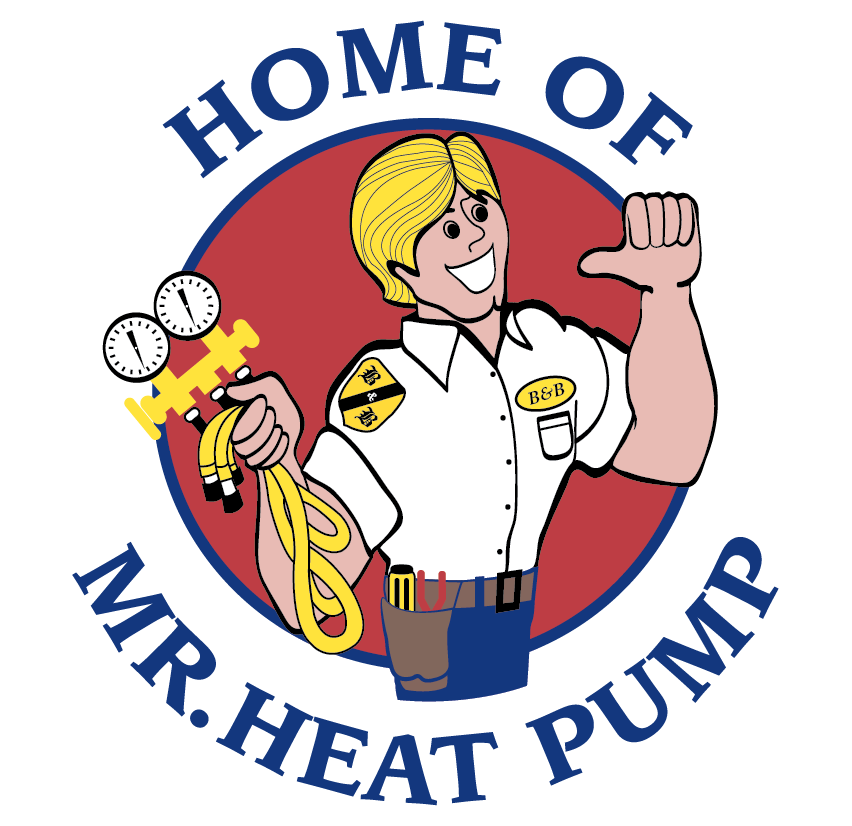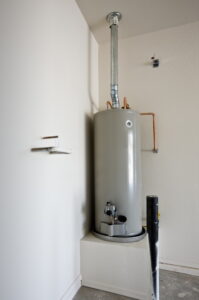Your trusty water heater silently works behind the scenes, heating water for showers, dishes, and more. But like any appliance, its days are numbered. Knowing the average lifespan and warning signs can help you prepare for replacement and avoid unexpected cold showers. You’ll know when to schedule water heater installation in Annapolis, MD.
The Average Lifespan
Standard storage tank water heaters typically last 8–12 years, with gas models slightly exceeding electric models. However, this isn’t set in stone. Several factors can influence their lifespan:
1. Water Quality
One of the key factors affecting the lifespan of a water heater is the quality of the water it processes. If your water supply is hard, meaning it’s rich in minerals like calcium and magnesium, those minerals can build up inside the tank over time. This accumulation can create sediment at the bottom of the tank, causing inefficiency and potentially leading to corrosion. On the other hand, if your water is overly acidic or alkaline, it can damage the lining of the tank, which can also shorten its life.
2. Maintenance
Proper maintenance plays a significant role in extending the life of your water heater. Regularly flushing the tank to remove sediment buildup is essential. This process helps maintain the unit’s efficiency and reduces the stress on the system. Additionally, replacing the anode rod is crucial. An anode rod attracts corrosion and sacrifices itself to protect the tank’s interior. Over time, these rods wear out and need to be replaced to keep your water heater functioning optimally.
3. Usage
Another factor that can significantly impact your water heater’s lifespan is how you use it. If your household has high water demand or frequently cranks up the temperature on the thermostat, your water heater will experience more stress. High usage can lead to premature wear and tear, which can reduce its overall lifespan.
Signs Your Water Heater Needs Replacement
Recognizing the signs that your water heater is nearing the end of its service life is essential to avoid sudden and inconvenient breakdowns.
1. Reduced Hot Water
If you’ve noticed a noticeable decrease in the amount of available hot water, this is a major red flag that your water heater might be struggling. It could be due to sediment buildup or corrosion inside the tank, which affects its ability to heat water efficiently.
2. Leaks
Visible water seepage from the tank or connections indicates internal damage. If you spot any leaks, it’s essential to address them promptly to prevent further deterioration and potential flooding.
3. Rusty Water
When you turn on the hot water tap and notice rusty or discolored water coming out, this is a clear sign of corrosion within the tank. Corroded tanks can contaminate the water, making it unsuitable for use and a potential health hazard.
4. Strange Noises
Unusual banging, rumbling, or popping sounds coming from your water heater can be alarming. These sounds may indicate malfunctioning components, such as a damaged heating element or sediment shifting within the tank.
5. Energy Spike
An increased energy bill without a corresponding increase in hot water usage can be a warning sign of your water heater’s inefficiency. When your water heater is struggling to heat water, it consumes more energy, resulting in higher bills.
Contact the Professionals
Consulting a licensed plumber or HVAC professional can help you choose the best fit for your needs and budget. They can provide guidance on selecting the right water heater, sizing it appropriately for your household, and ensuring a proper installation.
Contact B&B Air Conditioning & Heating Service when you need water heater repair, replacement, or maintenance. We are always there when you need us.



